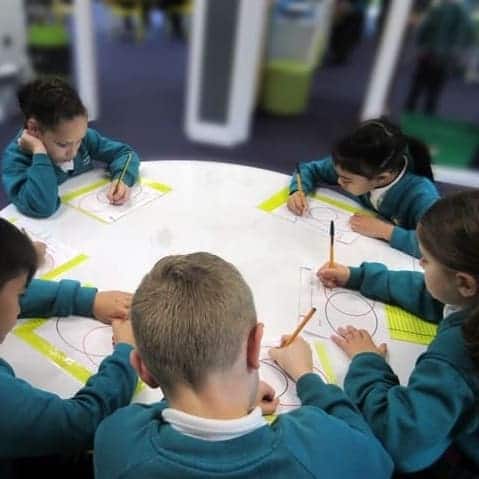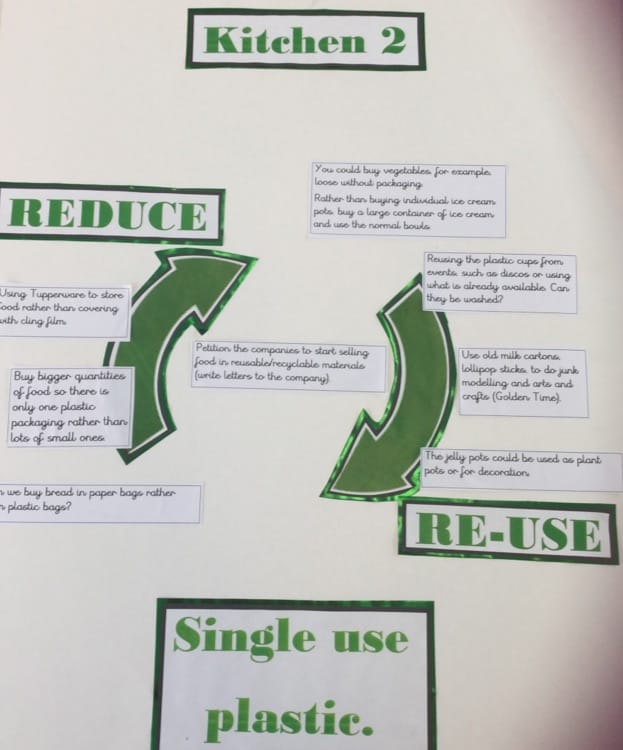Our action on
Single-use Plastics
What we’re doing at Huntingdon Primary
We’ve been thinking hard about what we can do at HPS to reduce our use of single-use plastics. We recently spent time researching single use plastic in our school. You can read the results of that here.
Each year group reports below on the action they’ve taken to tackle the problems they found in their research.
EYFS
EYFS decided to make a poster to put in the reprographics area. The poster is to stop and make people think before they laminate. Does it really need laminating?
EYFS then visited all year groups and did some further investigating to see if the poster had worked.
Did you know?
- All year groups have seen the poster EYFS has put in the reprographics area.
-
All year groups have said they really don’t laminate many things anymore and are only laminating half-termly.
-
All year groups have said they are only laminating things which they will use again and again – like word mats.
-
The office are laminating things which celebrate our learning, like certificates.
-
As a school we now only go through 1 box of laminating pouches a week.
Year 1
We went around the school and we looked at the plastic usage in the children’s lunch boxes.
- We have designed posters that make people think carefully about how much single use plastic they use. We have displayed these.
- We did some research about how long clingfilm takes to break down and we learnt it takes hundreds and hundreds of years.
- Around half of the children who have packed lunch in year 1 have asked their grown ups to stop using clingfilm and use little reusable pots instead.
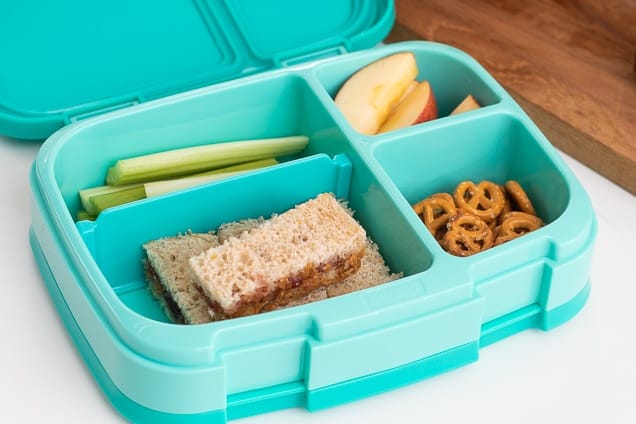
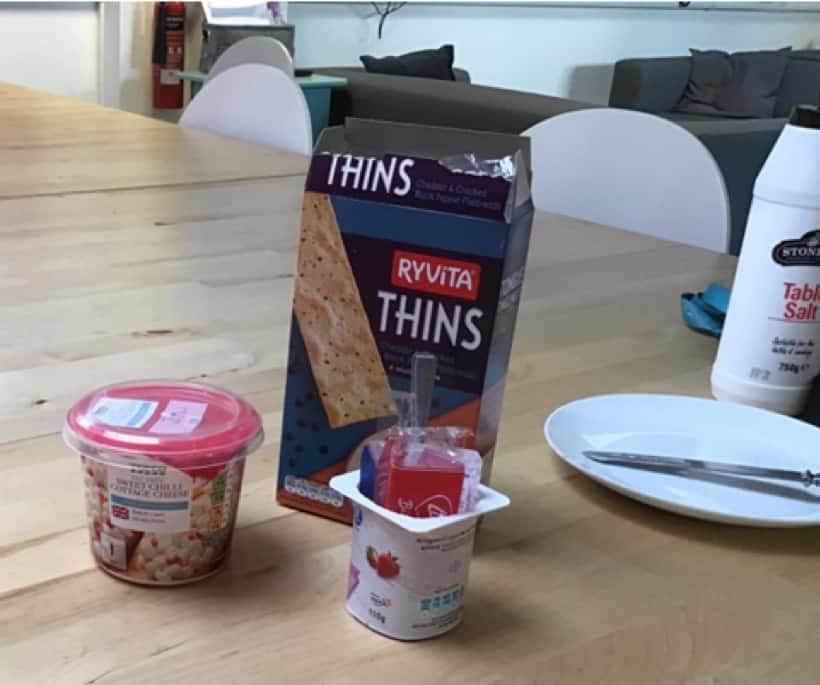
Year 2
In Year 2 we have continued to monitor the use of single use plastic bottles that adults use while at school.
We have noticed that more adults are using sustainable lunch boxes. We have been checking and monitoring!
We have been in discussion with the finance manager at school to combat a way to decrease the amount of adults using single use plastic bottles in school.
We want to introduce adult HPS water bottles to school much like the current ones that all pupils have.
We have found out that one bottle costs £1.48 so 100 bottles would be £148.00.
The bottles are replaced every two years which is an improvement from only being used once. The bottles are able to have different lid colours.
Year 3
Single-use plastics are used on a wide range of products at the Snack Shack. These include: water, breadsticks, fruit, cheese and popcorn.
- Nearly 300 children attend the Snack Shack everyday. That’s 1,500 children a week. That’s 54,000 visits a year.
- Thousands of single-use plastic enters the environment every year from OUR Snack Shack.
We want to use plastic boxes instead of clingfilm.
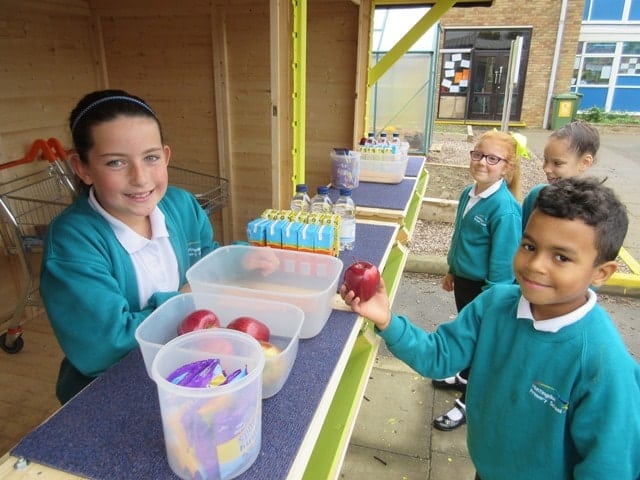

Year 4
On the average day at HPS, 259 children pass through the dinner halls to have school meals… in other words that’s about 1,295 meals served every week.
The kitchen don’t just cook our food but have to store it too, often in single-use plastic bags.
We are investigating different types of food wrappings and reusable containers instead of clingfilm. The kitchen will be improving the separation of recyclable waste.
Year 5
How many plastic bags do you throw away?
About 30 a week.
What products come in single use plastic?
Most of our food does. Things like fruit, pasta, bread etc.
How could you improve things?
We could get children to recycle fruit pots instead of binning them. We can’t reuse them though.
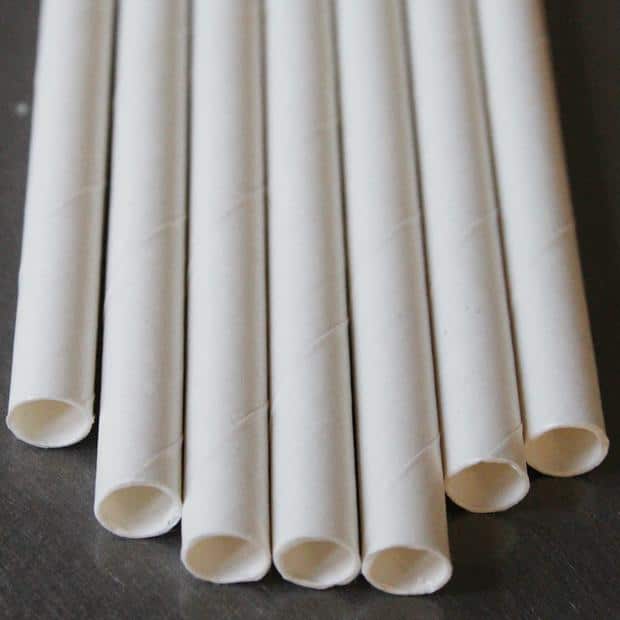
Year 6
Replacing plastic pens with sustainable alternatives
They are a problem because once the ink has run out, we throw them in the bin.
So we have decided we should use paper pens or reusable pens.
We decided to do this because we we’re learning about plastic and pollution.
Paper Straws
Benefits of using paper straws:
1. Paper straws are biodegradable.
Even if you toss your plastic straws in the bin, they will end up in the ocean or the landfills where they can take years to compose.
2. Paper straws take less amount of time to decompose
Plastic straws take up a hundred years just to decompose, lasting up to 200 years.
Facts about paper straws:
1. A pack of 5000 paper straws is around 99p
2. Paper straws are better for the environment as they decompose quicker
3. Many companies have started to use paper straws such as McDonalds
4. Coffee shops (Starbucks, café Nero ECT) have tried their best to stop using plastic

